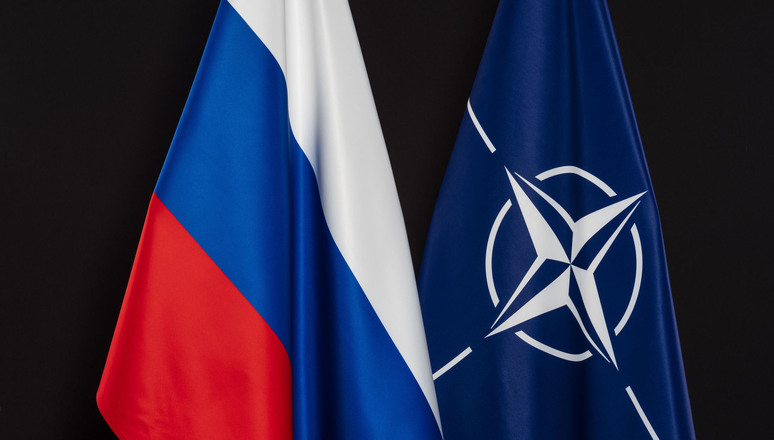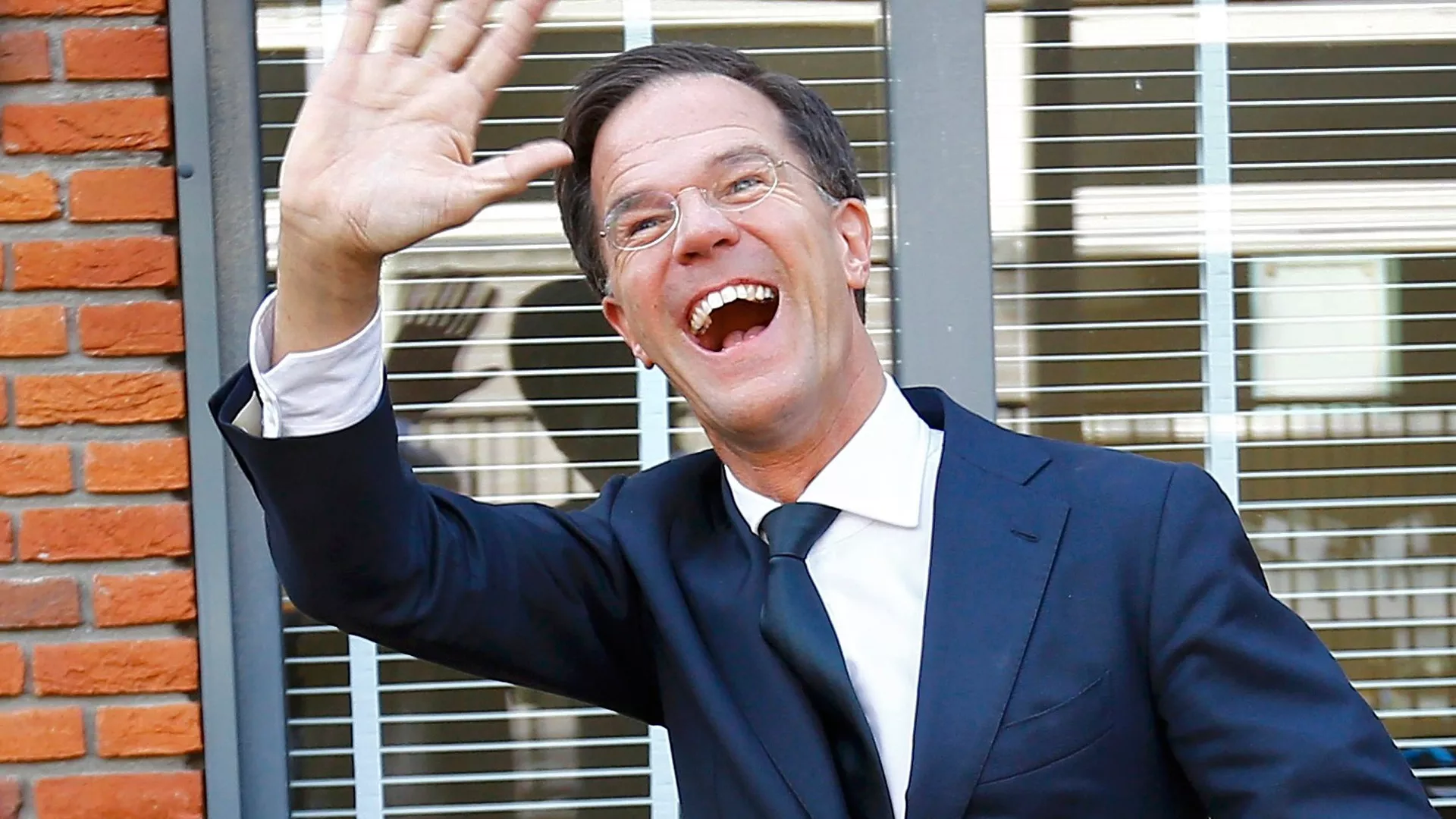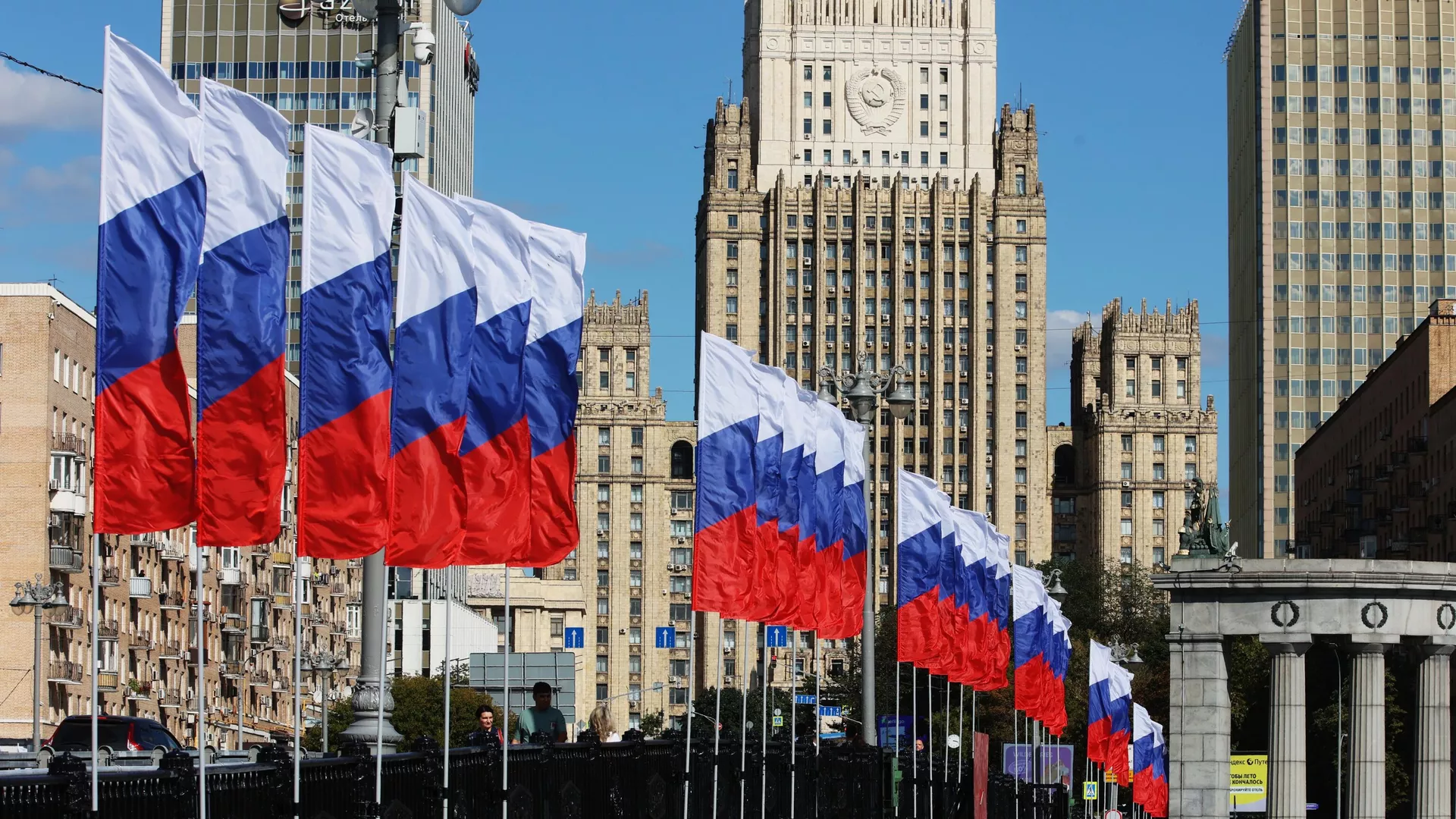Can Russia’s problems with the USA and NATO be resolved?
On Friday, Deputy Foreign Minister of the Russian Federation Sergei Ryabkov made a statement that diplomats are not accustomed to in diplomacy in general, and announced to the world that they have prepared a treaty and a draft agreement to overcome the problems between the USA and NATO and his country. Biden’s National Security Advisor Jake Sullivan said that we are open to negotiation, referring to his own expectations.
Most of the experts who spoke on the subject said that they did not find Russia’s reconciliation proposals credible, that it was trying to buy time or using public diplomacy. There were also those who mentioned the meaning of the statement not being made by Putin or Lavrov. But almost no one admitted that some of Russia’s demands might be reasonable. I hope these will be discussed, discussed and ways of reconciliation with Russia will be sought after this.
Because NATO and Russia are on the verge of a serious crisis. More than 100 thousand soldiers, who have gathered on the Ukrainian border, have the potential to bring the two sides against each other. Tensions are constantly rising in the Black Sea and the Baltic. By escalating the crisis, the parties came to the end of their bargaining opportunity. It is possible that neither the EU nor the US sanctions against Russia will be a deterrent. A trigger accidentally touched can start a war that no one wants.
Moreover, most of what Russia has proposed in its two drafts is not unacceptable. Their demands to freeze the status quo are reasonable. He speaks of a kind of sharing of spheres of influence and halting NATO enlargement, which he sees as a threat to his own security. He says that Ukraine and obviously Georgia should not be made NATO members, the call for membership at the 2008 Bucharest Summit should be forgotten, and large exercises at the brigade level should not be held outside the geographies that we can reach an agreement on.
Their proposals to change the status quo and to turn the balance of power that has existed since the Cold War in their favor are controversial and difficult to accept. Chief among these is the proposal in the seventh article of the treaty that the United States wants to sign with the United States to withdraw its nuclear weapons deployed in other countries. When read from our perspective, Russia says to the United States, take your nuclear weapons stationed in Incirlik and take them home.
They also have demands from NATO, and they are probably voicing them in order to negotiate. He also talks about some kind of disarmament treaty, but does not go into details. Even though Russian diplomacy knows that long negotiations are necessary for the signing of such agreements, that the discount will not be accepted if it is not mutual and that the establishment of control and verification mechanisms is essential.
It seems to me that what they want is a declaration, perhaps even some kind of understanding, an implicit compromise, rather than one, or rather two agreements. Things that will mean that we end the Ukraine crisis, that we don’t have any more crises, but that you accept some of what we want in return. Statements that will most likely come from Washington and Brussels, taking into account their core interests.
Even a few “positive” reactions from the main members of NATO will greatly satisfy them, and will prompt them to withdraw their troops from the Ukrainian borders, saying that we got what we wanted. Even if everything is not spoken openly, it can be said to Russia that NATO will not expand further and that more power will not be shifted to countries in the former Soviet geography. NATO-Russia, America-Russia dialogue channels can be used for this purpose.
As long as this strange, unconventional but historic call by Russia is not seen as a sign of weakness or sacrificed to the interests of America’s domestic politics or military industry. It should not be forgotten that many articles actually refer to existing international agreements and responsibilities. It should be noted that in the draft text prepared by Russia, it called on the NATO-Russia Council established by NATO.
If desired, some articles of this call can be implemented without their explicit acceptance. For example, since the request for non-enlargement in the sixth article of the proposed draft for NATO will not expand anyway, it can be accepted by finding intermediate formulas and providing the announcement of the known. It may be reminded that the opposition of a member of the alliance may halt the expansion. Better still, internal NATO discussions could be leaked to the press.
The call not to hold joint exercises in the seventh article may be limited to Ukraine and the South Caucasus. Numerical limitations may be imposed on the joint exercises to be organized by the members. By transferring all these discussions to the OSCE, it can be explained that a long-term agreement can be made a part of a declaration similar to the Helsinki Final Act signed in 1975.
It is not known whether the result will be achieved, but at least Russia’s demand for reconciliation and freezing the status quo will not be left in the air. The risk of the Ukraine crisis reaching uncontrollable dimensions and the world being dragged into an unnecessary nuclear war would be reduced. Even the reference of NATO, especially the USA, to the 1994 Code of Conduct on the Political-Military Aspects of Security mentioned in the introduction to the draft text proposed to them can be considered a start.
I wish Turkey had not dealt with all these problems, its impact and weight were not controversial, but it could have played an active role in this issue that directly concerns itself. But unfortunately, as a result of his political choices, he has to deal with many problems simultaneously, from the rule of law to the collapse of the economy. It has serious problems with America and Russia. The disproportionate support of the USA to Greece is an indicator in itself.
Under these circumstances, it is not easy for us to act as a mediator or a facilitator. However, we can follow the developments and take care not to result in the detriment of our interests. We can be the voice of reason in the alliance we are a member of. We can support the reconciliation and rapprochement of the two sides. We can play a role in adopting and maintaining a negotiable position by NATO. Which I think we are playing.





